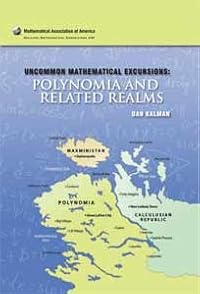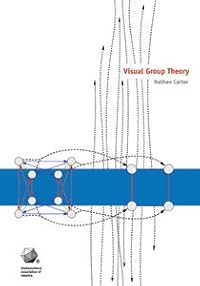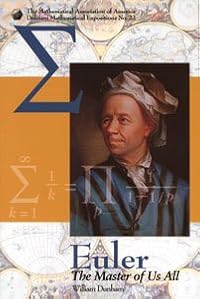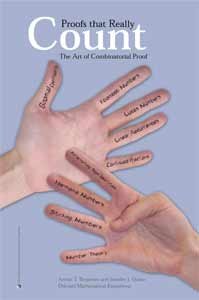The Beckenbach Book Prize, established in 1986, is the successor to the MAA Book Prize established in 1982. It is named for the late Edwin Beckenbach, a long-time leader in the publications program of the Association and a well-known professor of mathematics at the University of California at Los Angeles. The Prize of $2,500 is intended to recognize the author(s) of a distinguished, innovative book published by the MAA and to encourage the writing of such books. The award is not given on a regularly scheduled basis.
Below are the most recent winners of the Beckenbach Book Prize. A full list of winners is available here.
by Dan Kalman
This book presents an assortment of topics that extend the standard algebra-geometry-calculus curriculum of advanced secondary school and introductory college mathematics. It is intended as enrichment reading for anyone familiar with the standard curriculum, including teachers, scientists, engineers, analysts, and advanced students of mathematics.
by Nathan Carter
Group theory is the branch of mathematics that studies symmetry, found in crystals, art, architecture, music, and many other contexts. Visual Group Theory assumes only a high school mathematics background and covers a typical undergraduate course in group theory from a thoroughly visual perspective. The more than 300 illustrations in Visual Group Theorybring groups, subgroups, homomorphisms, products, and quotients into clear view.
by William Dunham
Without question, Leonhard Euler (1707-1783) ranks among history's greatest mathematicians. Over six decades of unmatched productivity, and despite a visual impairment that grew ever worse, charted the course of mathematics throughout the eighteenth century and beyond. His reputation is captured in Laplace's famous admonition, "Read Euler, read Euler. He is the master of us all." Written for the mathematically literate reader, this book provides a glimpse of Euler in action.
by Arthur Benjamin and Jennifer Quinn
Mathematics is the science of patterns, and mathematicians attempt to understand these patterns and discover new ones using a variety of tools. In Proofs That Really Count, award-winning math professors Arthur Benjamin and Jennifer Quinn demonstrate that many number patterns, even very complex ones, can be understood by simple counting arguments.





No comments:
Post a Comment